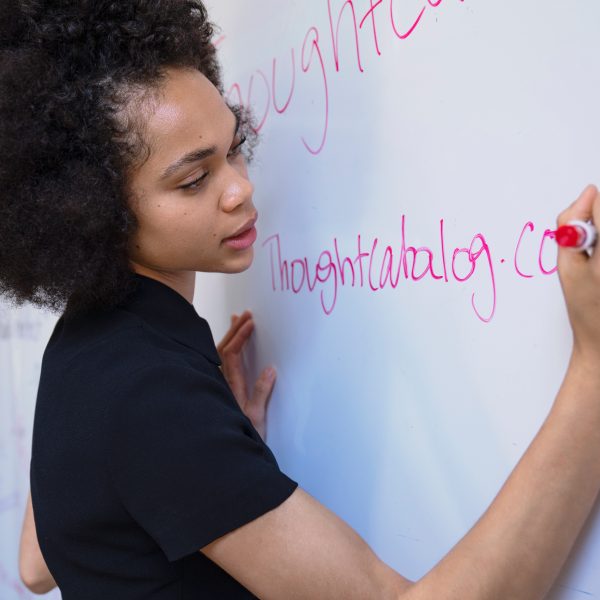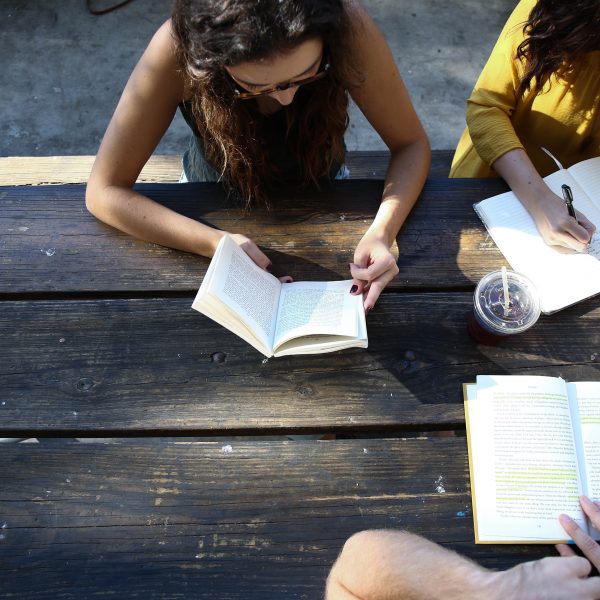Curiosity Day: empower your mind, embolden your heart, discover curiosity

Encyclopedia Britannica has used the occasion of their 250th anniversary, and 25th year on the internet, to launch “Curiosity Day” – an initiative aimed at strengthening the human mind and inspiring the joy of learning every day.
Encyclopedia Britannica said the Curiosity Day movement was focused on “reinvigorating an innate human trait that has helped humankind push boundaries and progress”. Curiosity plays an important role in the Early Years Learning Framework, featuring as a disposition to be developed in element four – children are confident and involved learners, and also for educators, as they participate in ongoing learning and reflective practice.
In launching the new initiative, Encyclopedia Britannica said they aspired to help people explore their own minds, as well as the great minds of history.
As part of the process of inspiring others and awakening curiosity, Encyclopedia Britannica have developed a tool called the Curiosity Compass – a multi-week email challenge with social components.
The Curiosity Compass invites people to engage in growing their curiosity through exploring traits they share with famous people throughout history, in terms of curiosity and creativity, and learn more about what their individual inquisitive abilities may be, enabling them to learn more about their individual strengths, and how these may be used to grow their leadership capacity as educators and learners.
Those participating in the Curiosity Day project can also read more about the science of curiosity and discover how to improve their own abilities, be inspired by stories of curious people, and learn more about creative people throughout history.
Educators who engaged with the trial phase of the program described it as “a hook to inspire learning, to inspire curiosity, and to want to learn more”.
An Early Childhood Teacher who trialled the program said that it was important for educators to remain curious because “curiosity is like the foundation of imagination” and therefore impacts on their work as educators.
The events were made possible through the support of Drs Sheila Harrison – Williams and Theresa Rouse, school superintendents with a reputation as “leaders who are pushing the boundaries of learning and working to inspire the next generation nationally”.
The company hopes to roll out the initiative globally, engaging educators worldwide, and eventually evolving into a self-sustaining grassroots movement that will move people to “ask questions continually, pursue the answers, and share what they know and learn with others”.
Britannica’s Global CEO Karthik Krishnan said that Curiosity Day is about tuning into the innate desire of people to know. “The spark that drives us to explore, discover and invent,” Krishnan said. “There’s no better immuniSation against misinformation than reactivating our curiosity shield.”
Krishnan also emphasised that “in an already fast-paced, highly disruptive world where humans have to compete more and more with sophisticated machines powered by artificial intelligence, curiosity helps us preserve learning agility and develop a growth mindset. This enables us to think, learn and evolve more rapidly and be prepared no matter what the new world throws at us.”
Information and activities around Curiosity Day are available on YouTube and on the company’s website.
Popular

Quality
Practice
Provider
Research
ECEC in focus - Una Springwood’s intergenerational initiative brings young and old together through connection and care
2025-06-30 10:00:45
by Contributed Content

Provider
Practice
Quality
Research
Aboriginal Education Strategy drives early learning and school success in South Australia
2025-07-01 09:55:12
by Fiona Alston

Workforce
Policy
Quality
Research
Inclusive Practice Framework set to strengthen inclusion in early childhood settings
2025-06-24 11:37:00
by Isabella Southwell












